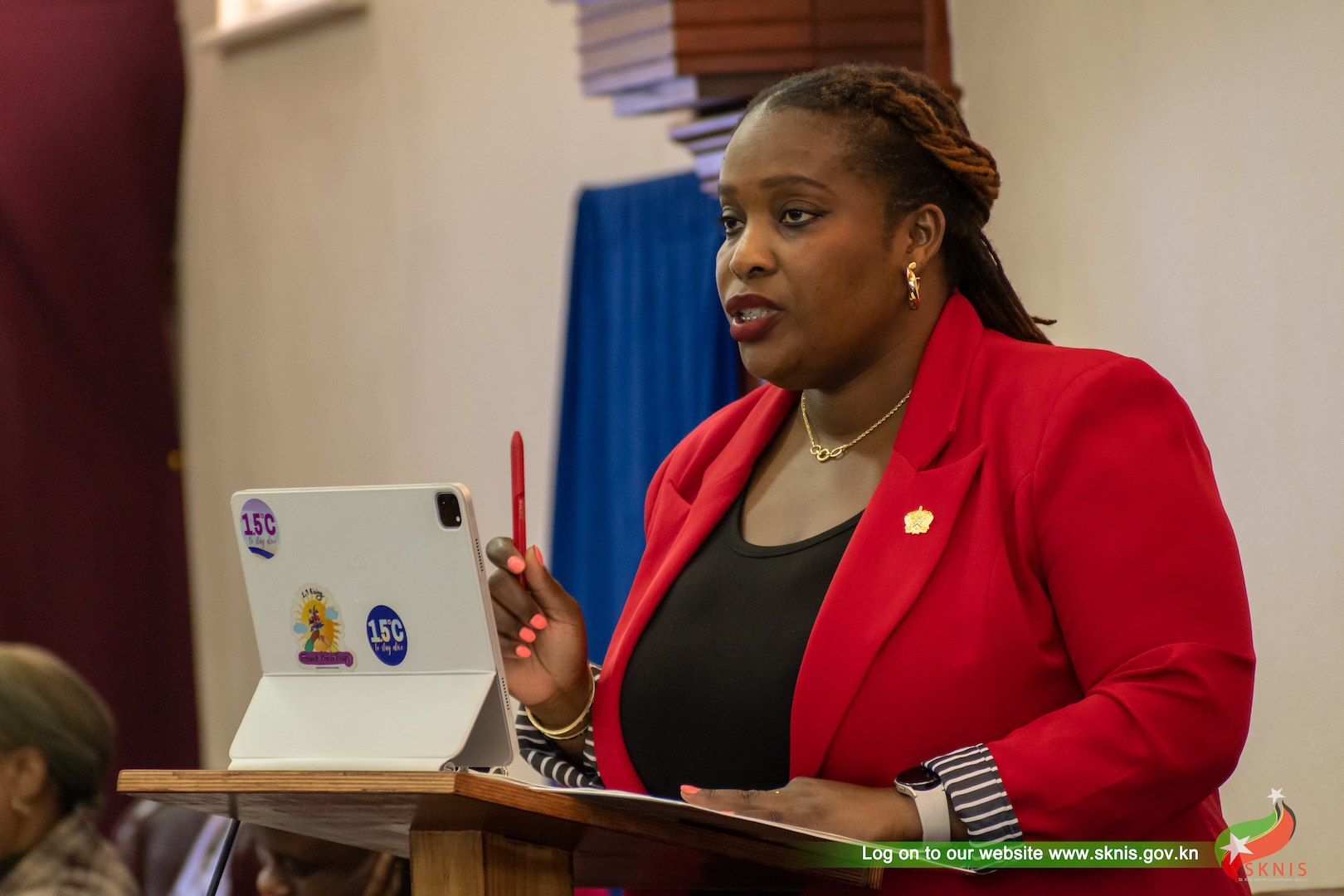Sustainable Development in St. Kitts and Nevis: Minister Clarke Promotes Rural Living and Vertical Communities
The Imperative of Rural Development in St. Kitts: A Call for Decentralization and Sustainable Growth
The island nation of St. Kitts and Nevis faces a critical juncture in its development trajectory. A surge in demand for residential land, concentrated primarily in urban areas, necessitates a strategic shift towards developing rural communities. The Ministry of Sustainable Development, spearheaded by the Honourable Dr. Joyelle Clarke, is championing this initiative, advocating for a paradigm shift in land acquisition and development practices. This call to action emphasizes the importance of decentralizing population density, promoting sustainable building practices, and fostering economic growth in rural areas.
The current trend of concentrated urban development presents significant challenges for St. Kitts and Nevis. Overpopulation in urban centers strains existing infrastructure, exacerbates environmental concerns, and limits opportunities for balanced national development. The Ministry of Sustainable Development recognizes the urgency of addressing these issues by encouraging citizens and residents to consider the numerous benefits of rural living. This strategic move aims to alleviate pressure on urban areas while simultaneously stimulating economic activity and improving the quality of life in rural communities.
The Ministry’s vision for sustainable development hinges on several key principles. First and foremost is the promotion of environmentally conscious building practices. Dr. Clarke emphasizes the need to transition from traditional construction methods to more sustainable alternatives. This includes embracing vertical building designs to maximize space efficiency and minimize urban sprawl. By building upwards instead of outwards, St. Kitts and Nevis can accommodate its growing population while preserving valuable land resources and minimizing its environmental footprint.
Furthermore, the Ministry recognizes the critical role of infrastructure development in facilitating the transition to rural living. Dr. Clarke acknowledges the importance of providing essential amenities such as drivable roads, reliable utilities (including water and electricity), and robust telecommunications infrastructure. These are crucial prerequisites for attracting residents and businesses to rural areas. The government is committed to working with its partners to ensure that these essential services are readily available, making rural communities attractive and viable alternatives to urban centers.
Beyond basic infrastructure, the Ministry also recognizes the need for essential community services in rural areas. The availability of convenient amenities such as corner shops, ATMs, and supermarkets is vital for fostering vibrant and self-sufficient communities. The government is actively engaging with the business community to encourage investment in these sectors, creating economic opportunities and improving the quality of life for rural residents. This collaborative approach aims to create a mutually beneficial environment where businesses can thrive while simultaneously contributing to the development of rural communities.
The Ministry’s call for rural development is not merely a response to the growing demand for residential land; it is a strategic imperative for the long-term sustainability of St. Kitts and Nevis. By decentralizing population density and promoting economic growth in rural areas, the government aims to create a more balanced and equitable society. This strategy also offers significant economic benefits. The lower cost of land in rural areas presents an attractive opportunity for aspiring homeowners and entrepreneurs alike. By incentivizing development in these areas, the government aims to stimulate economic activity, create jobs, and foster a more diverse and resilient economy.
The Ministry of Sustainable Development is actively working to create an enabling environment for rural development. This includes streamlining the land acquisition process, providing financial incentives for businesses and residents, and collaborating with community stakeholders to ensure that development plans are aligned with local needs and priorities. The government’s commitment to sustainable development extends beyond simply providing infrastructure and services; it encompasses a holistic approach that considers the social, economic, and environmental well-being of all citizens and residents.
The success of this initiative depends on the collective participation of all stakeholders. The government encourages citizens, residents, and the business community to embrace the vision of a more balanced and sustainable St. Kitts and Nevis. By investing in rural communities, they are not only securing their own future but also contributing to the prosperity and well-being of the entire nation. This is a call to action, a shared responsibility to build a future where all communities can thrive. The Ministry of Sustainable Development is confident that by working together, St. Kitts and Nevis can achieve its vision of becoming a truly sustainable island state.
Share this content:












Post Comment